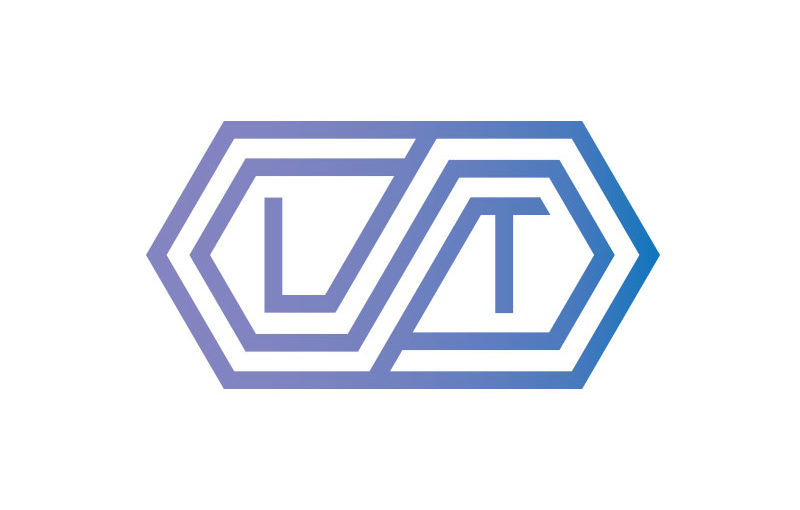Lucas Hubert, CEO LifeTask
Innovation and globalization have radically changed life in society, including when it comes to finding a job. The problem is that modern staffing methods are not keeping up with these changes, and the gap between new needs and old approaches grows wider every year.
So what are the difficulties faced by the modern labor market? First off, the processes are ineffective while requiring large investments of time and money. Staffing is either outsourced to centralized recruiting agencies and head hunters or assigned to HR departments. A specialists reviews a database of résumés and chooses several candidates, each of which the employer calls in for one or several interviews; the primary criteria for evaluation, as in years past, still come down to the job seeker’s past experience and education. Under this model, the risk of error is high, as are expenses associated with staff turnover by attrition.
From the candidate’s point of view, this process is just as complicated. Candidates looking for jobs can send out dozens of résumés without getting a single response, and even if they are called in for an interview, there is no guarantee that they will be hired for the job they want or that the job will match their expectations.
Another issue on the job market is the general lack of trust. Candidates send their résumés to a recruiter or upload them to a website. From then on, they have no idea where and how their information is being stored and what it is used for. Recruiting companies store the candidates’ personal data (including contact info and data on past jobs and salaries) in a central location, with no encryption. But in our day and age, this data is a precious resource in high demand, one that is actively being sold and resold. A leak could lead to marketing calls, spam mailings, or even scams and fraud.
On the other hand, employers are also frequently faced with false information in candidate résumés, which is another factor that leads to errors when choosing who to hire.
The labor market needs new technologies that will help create an even playing field for all users and allow for direct interaction without unnecessary middlemen. The next-generation competence-seeking platform must offer features such as reliable digital identity verification, a transparent rating and skill confirmation system, as well as smart search that would reduce human error and potential mistakes to a minimum. And, of course, such a platform would have to be easy to use.
Blockchain applications have long since expanded beyond the limits of the financial sector. The distributed ledger technology is rapidly developing and finding applications in all sorts of fields. How could it be used to improve the labor market situation?
One of the base principles of blockchain is database immutability. Each new block stores information about all the preceding blocks, and any violation quickly becomes apparent. This principle will help solve the problem of trust and information asymmetry. The impossibility of
falsifying blocks makes blockchain an excellent tool for verifying identity and checking document authenticity, as well as creating a fair ratings and recommendations system.
Blockchain makes it possible to do this without middlemen and excessive commissions: all interaction between its participants can be regulated via smart contracts. Meanwhile, the distributed storage technology and ability to encrypt blocks reliably protects all personal data.
These new systems will offer the ability to use a more flexible staffing approach, taking into account all the candidate’s competences, knowledge, and experiences, as well as their location. Combined with a smart search matching system, which is quicker and more economical, these systems will accurately identify ideal competence providers for each task and ideal tasks for each competence provider.
Answering the pressing demands of the job market was the impetus behind creating LifeTask, the first decentralized platform for competence provision and staffing, which puts candidates’ competences first. LifeTask is a modern blockchain-based solution that offers both corporate and private clients convenient search based on competences, artificial intelligence and affordable prices: an individual candidate posts his or her data for 200 LTS tokens (roughly €9.90), while employers can access information about the specialists for the cost between 500 and 1000 LTS (€25 and €50). Candidates will receive bonuses for each time a third party gets an approved access to the competence providers contact.
All the payments within LifeTask system are made with LifeTask tokens (LTS). LTS token pre-offer starts 28th of May, 2018, and the main offer will continue for two months between June 27th and August 26th. One LTS token will be worth 0.0001 ETH; early buyers are eligible for bonuses. Minimum purchase volume is 0.1 ETH or equivalent, maximum purchase permitted is 30,000 ETH. ETH and BTC will be accepted as a payment as well as major fiat currencies.
The funds raised during ICO will be used for further development of the platform, its testing and launch.
To learn more, please visit the LifeTask website page - https://lifetask.io/

